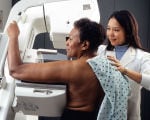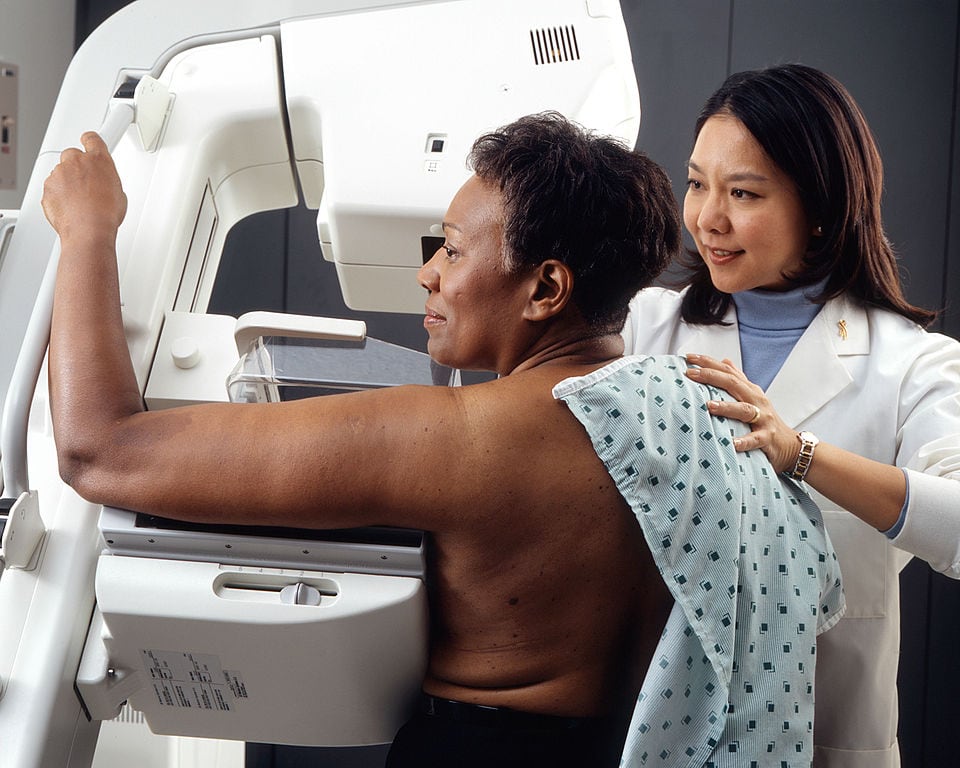Are you wondering why you just can’t resist that piece of red velvet cake after a stressful day? Well, the issue may not be your will power, new research reports. You may just need to change your approach.
Scientists at the University of Delaware decided they wanted to learn why people were more likely to indulge in junk food when they were in a bad mood and willing to make healthy choices when in a good mood. To find out, they gathered more than 500 study participants for four trials linking food choices to feelings.
They found that people are more likely to make bad food choices when they focus on the moment and the reward of indulging in a particular food. Study participants who focused on the future benefits of choosing say an apple over a bag of chips, were far more likely to choose a healthy food.
The research team advises that people who are in a terrible mood but hoping to avoid an indulgent binge may benefit from trying to focus on the future, rather than think about the present.
So the next time you’re trying to resist the urge to dive into a pint of ice cream, daydream about all of the fabulous, fun things you will be healthy enough to do in coming years if you eat a piece of fruit instead.
Black Don’t Crack, But It’s Still at Risk for Skin Cancer
If your skin is ebony, medium or light brown, you have a far lower risk of skin cancer, but you aren’t immune.
In fact, the places you’d least suspect are most at risk — from your mouth and nails to your groin and buttocks. In blacks, skin cancer is most often found on parts of the body that are not exposed to the sun.
“Many people of color mistakenly believe that they are not at risk, but skin cancer is color blind,” says dermatologist Henry W. Lim, M.D., chairman of the department of dermatology at Henry Ford Hospital in Detroit. “When detected early, skin cancer is highly treatable, but it can pose a serious health threat if left untreated.”
The melanin that gives us our rainbow of chocolate shades also helps to protect us from sun damage. The rate of skin cancer among black women is 1 percent per 100,000, as opposed 20 percent per 100,000 among white women. However, we still need to practice prevention.
A new report, “Skin Cancer and Photoprotection in People of Color: A Review and Recommendations for Physicians and the Public,” highlights the fact that when people of color do develop skin cancer, we tend to be diagnosed at an advanced stage.
When skin cancer is detected late, it makes deadly skin cancers like melanoma much harder to treat and greatly reduces a patient’s chance of survival. The five-year melanoma survival rate for blacks is 73 percent compared to 91 percent in whites.
CLICK TO FIND OUT HOW TO LOWER YOUR RISK …
Don’t Give Up on Your Mammograms

Mammography and other forms of early breast cancer detection, such as self-exams and regular check-ups, are still important for black women. (Rhoda Baer/NIH-Public Domain)
Many women’s health experts were surprised by the results of a large Canadian study reporting that mammography does not lower death rates from breast cancer.
Mammography and other forms of early breast cancer detection, such as self-exams and regular check-ups, are considered critically important for black women because we are more likely to die from breast cancer than any other group of women.
So how should we react to the new study’s findings?
Proceed with caution. It’s too soon to give up your annual mammogram, and it’s not clear how many black women were included in the research, which was led by Anthony B. Miller, M.D., at the University of Toronto’s Dalla Lana School of Public Health and published on Feb.10.
Consider the Source
Culture makes a tremendous difference in how health care is delivered and how the health statistics used in a study like Miller’s are gathered. The Canadian study was a 25-year trial that followed nearly 90,000 women ages 40 to 59 who live in one of 15 Canadian provinces. But the researchers did not report how many black Canadian women participated in the study.
The number is likely to be quite small because blacks make up 13.1 percent of the United States population, but blacks are only 2.5 percent of the Canadian population. In addition, “few statistics exist with respect to the health status and trends of black women in Canada,” according to the report, “Black Women in Canada Resource,” published by the Voices Project in Nova Scotia.
The characteristics of breast cancer — how fast it advances, how well it responds to treatments, how early it is diagnosed and whether it can be cured — also vary from one race of women to the next. Black women are not only more likely to have an aggressive type of breast cancer, but we also tend to be diagnosed with late-stage breast cancer, according to the Black Women’s Health Study.
We are often diagnosed with an advanced stage of cancer because black women have less access to quality health care for reasons that are very specific to the United States, such as insurance co-pays and the general cost of health care. Canada has universal health care, so black Canadian women may have much better access to affordable health care.
The bottom line: More research needs to be done that considers the specific health needs and interests of black women when it comes to breast cancer before we can consider giving up on mammography.










